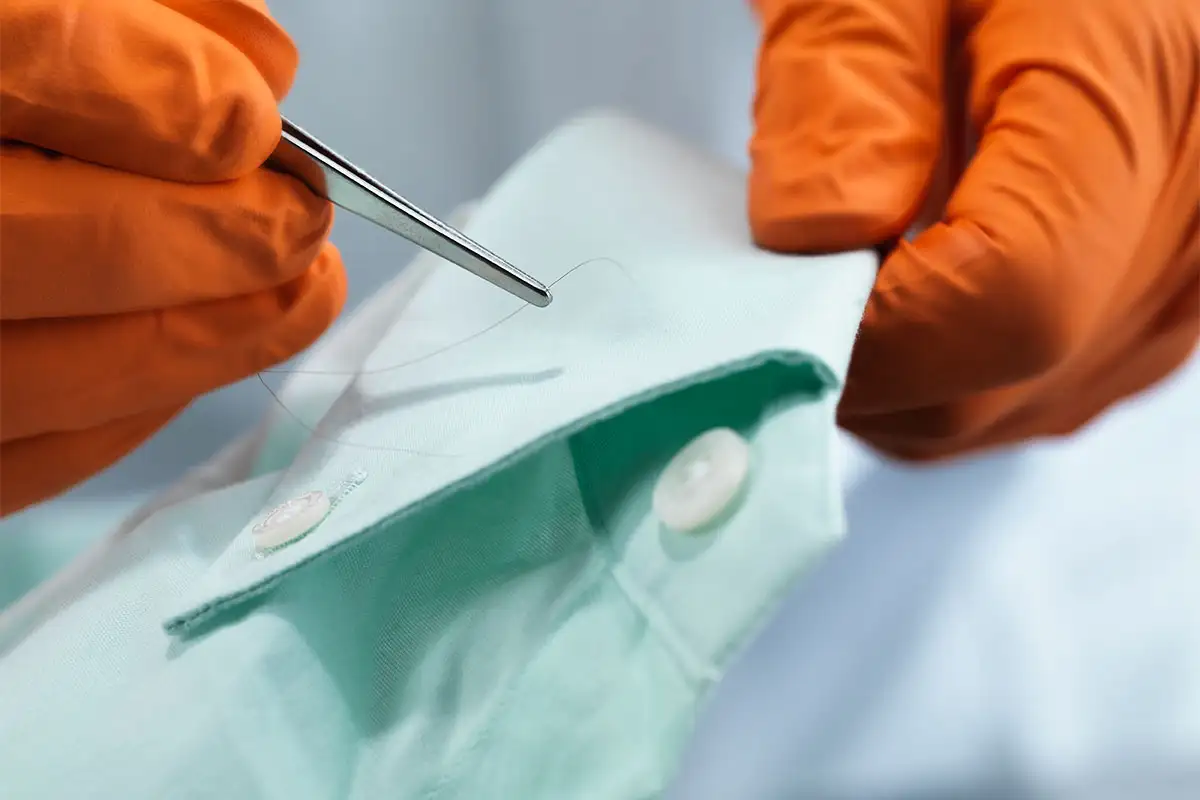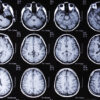New research funded by the National Institute of Justice has found that when DNA evidence matches suspects in sexual assault cases, litigation becomes more likely for prosecutors, resulting in more than a nine-times greater likelihood of conviction.
The study in Violence Against Women involved the investigation of how DNA evidence was factored in over 100 sexual assault cases in which prosecution was regarded as a justifiable option under legal jurisdiction.
Out of the 106 cases the research team at the University of Illinois at Urbana-Champaign examined, the majority contained crime laboratory reports, but only a portion involved DNA matches to suspects.
“Cases with a DNA match were significantly more likely to move forward and result in conviction, even with other predictor variables statistically controlled,” the authors determined in their findings.
“Analyses suggest DNA evidence contributes to case progression but also is a result of it,” the authors also found.
“These findings strengthen the case for quality forensic medical examinations, investment in DNA analysis, and increased prosecutor training.”
The study was first published online on February 10th, 2022.


